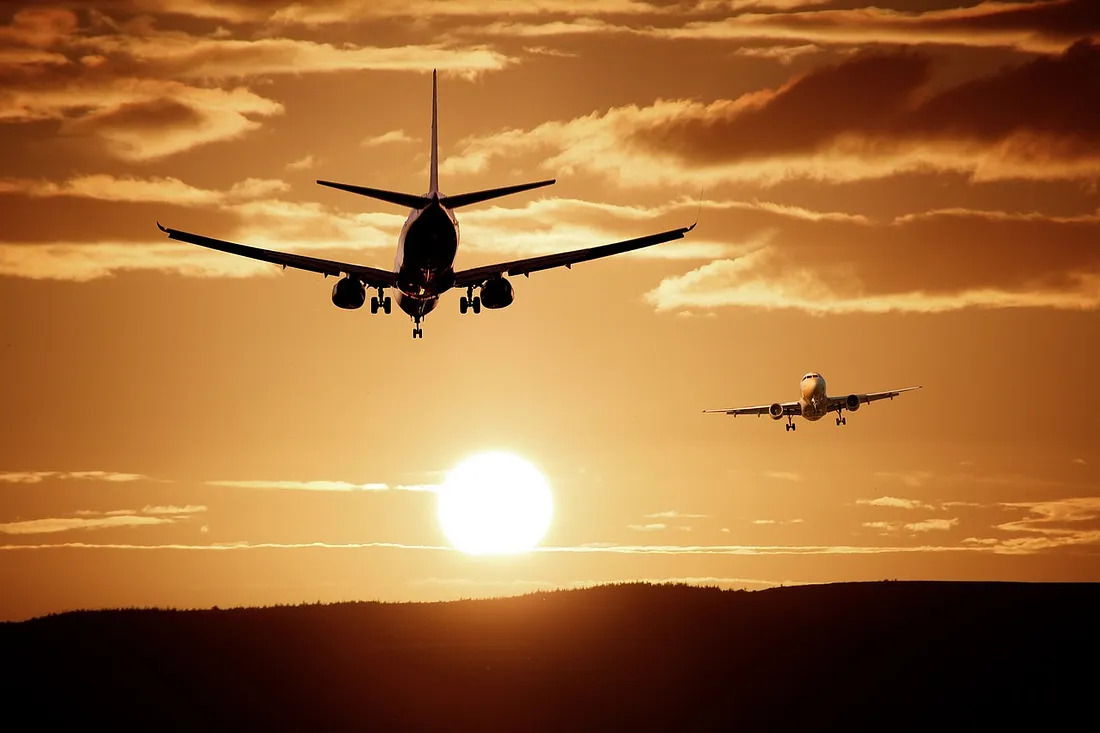When it comes to booking flights, one of the most common questions travelers have is: Is there a “best time” of day to purchase airline tickets? We’re all familiar with the idea that prices fluctuate based on days of the week, but what about the time of day? Does it really make a difference when you press that “buy” button? In this blog post, we’ll dive into the science behind airline ticket pricing and explore whether there’s a best day to buy airline tickets, or if the time of day plays a crucial role in finding the best deals.
How Airline Pricing Works
Before we dive into the specifics, it’s essential to understand how airlines set their prices in the first place. Unlike many other products, airline ticket prices are dynamic. This means they change frequently and are influenced by factors such as:
- Demand: If a flight is nearing capacity, airlines may raise prices.
- Competition: Airlines track the prices of competitors and adjust their fares accordingly.
- Time until departure: Generally, the closer the departure date, the higher the prices, as airlines aim to maximize revenue.
- Market trends: Special events, holidays, and seasonal demand can also influence ticket prices.
This dynamic pricing model means that when you book a flight, you might see the price change throughout the day based on the aforementioned factors. So, while the best day to buy airline tickets may be well-established, does the time of day matter?
The Impact of Time of Day on Ticket Prices
While much attention is given to the best day of the week to buy tickets, there are indications that the time of day can also play a role in getting the best deal. Let’s break it down and explore why the time you purchase your flight could impact the cost.
Early Morning: A Great Time to Book Flights
Many travel experts suggest that booking flights early in the morning (usually between 5 a.m. and 8 a.m.) can give you access to the best fares. But why is this the case?
- Fewer People Are Booking: The early morning hours tend to be quieter, with fewer travelers searching for flights. This means there is less competition for low-priced tickets. As fewer people are bidding on those seats, airlines may offer cheaper fares during these times.
- New Pricing Updates: Airlines often release new flight pricing and deals overnight. Early risers have the advantage of catching these fresh fares before the prices get adjusted or marked up by other travelers looking to book tickets later in the day.
- Best Time for Domestic Flights: For those looking for domestic flights, early morning hours are typically the best time to find affordable options. Airline systems often refresh overnight, and early morning can be the time when cheaper tickets become available.
Late Night: Another Prime Time for Cheap Tickets
If you’re not a morning person, there’s good news—late night hours, typically after 9 p.m., can also be favorable for booking flights. This timeframe provides a few unique advantages:
- Decreased Traffic: Similar to the early morning hours, fewer people are likely to be booking tickets late at night. Many travelers complete their booking during business hours, or they’re too tired to search late at night, leaving the late hours quieter and with fewer people searching for flights.
- Airline Fare Adjustments: Airlines often make fare adjustments later in the day. As the evening progresses, airlines may drop prices to fill remaining seats for flights scheduled the next day or to remain competitive with other carriers. Late-night booking can allow you to take advantage of these drops before they get re-adjusted.
Midday and Afternoon: Generally Less Optimal for Booking
Between 10 a.m. and 4 p.m., airlines typically see the highest volume of searches and bookings. During this time, airlines are more likely to adjust their prices based on demand, often raising prices as a result of competition and peak usage.
- Increased Competition: This timeframe is when business travelers are typically booking their flights, and demand for certain routes is high. With more people vying for the same tickets, prices may rise during the day.
- Less Likely to Get Deals: Airlines are constantly monitoring and adjusting fares in response to search activity. Because there’s a higher volume of travelers looking for flights during the midday and afternoon, it’s more likely that prices will increase based on the increased demand.
Is There a “Best Day” to Buy Airline Tickets?
Now that we’ve discussed the time of day, let’s circle back to the bigger question: When is the best day to buy airline tickets? While timing your purchase for the best day can help you get the lowest possible fare, it’s worth noting that the best day to buy tickets often varies depending on a few factors.
For instance, Tuesday has long been considered the best day to buy airline tickets. Here’s why:
- Fare Sales: Airlines often announce new fare sales on Mondays or Tuesdays, meaning by the time Tuesday morning arrives, competitors have dropped their prices to match. This creates an opportunity for travelers to snag lower fares before they get adjusted later in the week.
- Midweek Lulls: Since fewer people book flights on Tuesday and Wednesday, demand for flights during these days tends to be lower, which generally results in lower prices.
Other days like Wednesday and Thursday can also be great for booking, as the midweek lull continues, and prices often remain lower compared to weekends. However, Friday through Sunday can be pricier due to high demand from weekend travelers and last-minute bookings.
Other Tips for Finding the Best Flight Deals
While time of day and the day of the week can play a role in finding the best ticket prices, there are other strategies to keep in mind:
- Set Fare Alerts: Use fare comparison websites like Google Flights, Kayak, or Skyscanner to set price alerts for specific routes. These tools will notify you when prices drop, ensuring you never miss a deal.
- Book in Advance: Try to book your flights at least three to six weeks before departure. Last-minute bookings tend to be more expensive, especially for popular routes.
- Be Flexible: If your travel dates are flexible, use fare comparison tools to check prices for different days and times. Even shifting your flight by a day or two can sometimes save you hundreds of dollars.
Conclusion
While there is no one-size-fits-all answer to the question of the best time of day to purchase airline tickets, there are general trends that can help you book your flights for the best price. Early mornings and late nights are often the most favorable times to find cheaper fares due to lower competition and potential fare adjustments.
Don’t forget that the best day to buy airline tickets is often midweek—Tuesday through Thursday—when demand is lower and airlines are releasing new fare sales. By combining timing with other smart strategies like setting fare alerts, booking in advance, and being flexible with your dates, you can increase your chances of securing the best possible fare.
So next time you’re planning a trip, remember: the right time of day can make a difference when it comes to saving money on flights!



